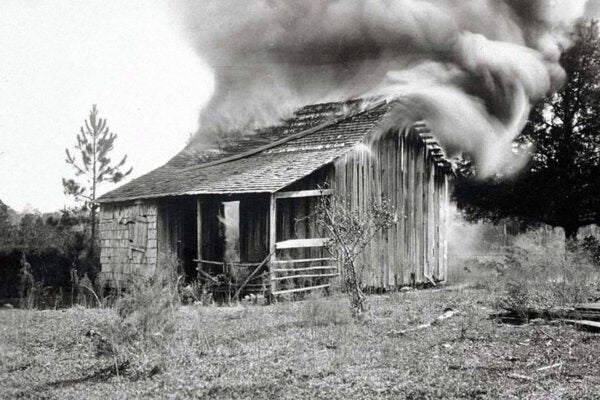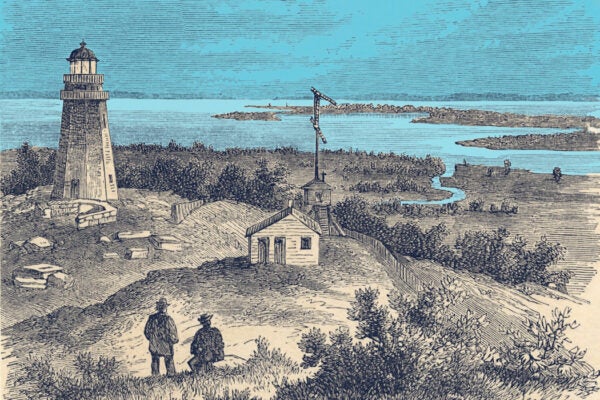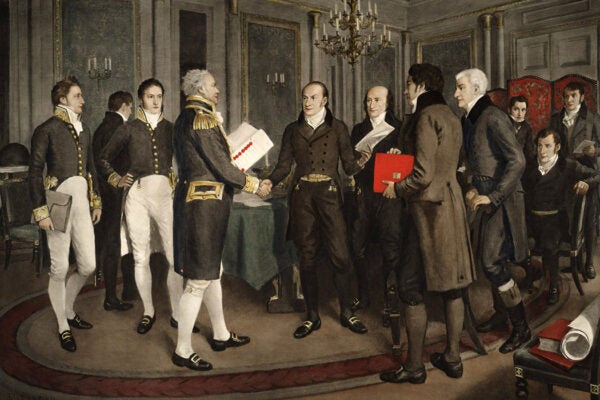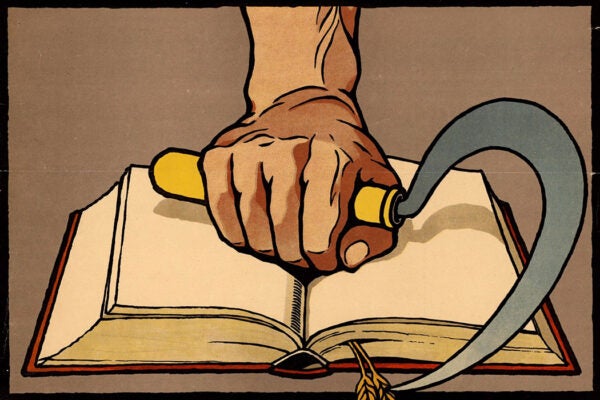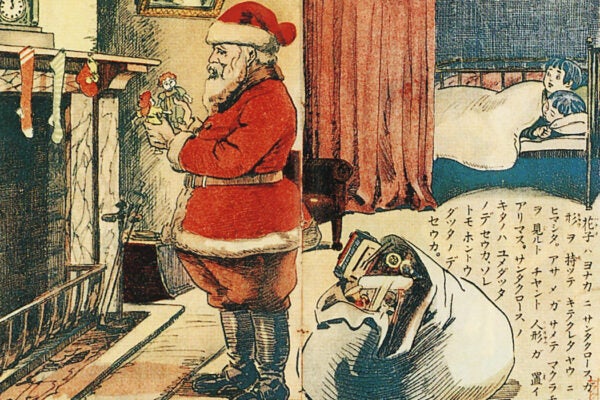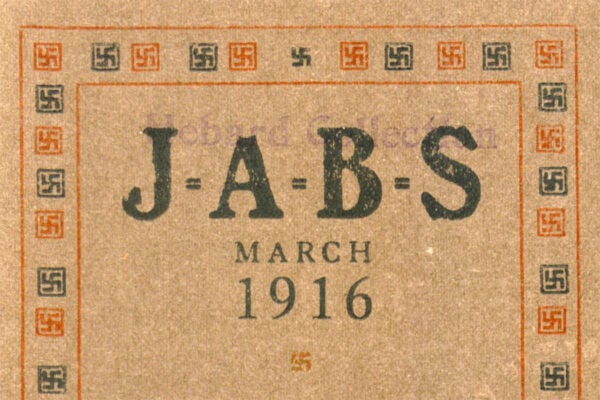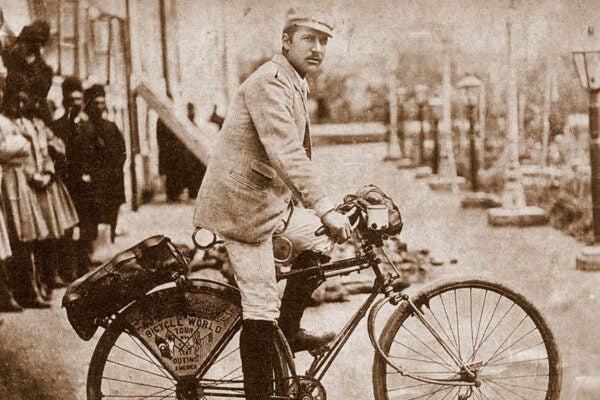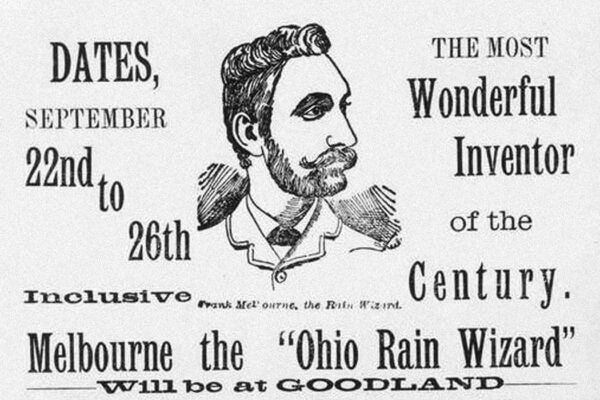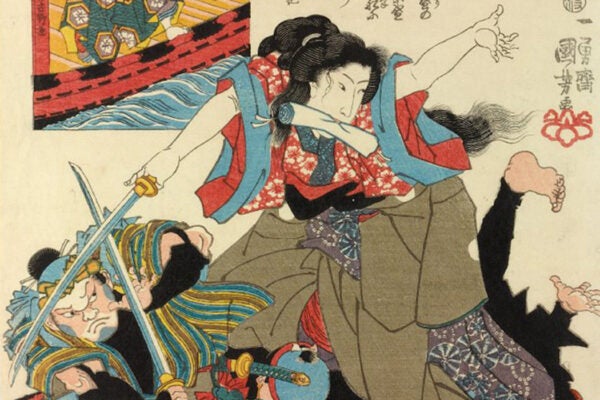Remembering the Rosewood Massacre
On January 1, 1923, Rosewood, Florida, was a thriving town of mostly African American residents. Seven days later, it was gone, burned to the ground by a white mob.
To the Lighthouses: A Path to Nationhood
Instilling confidence among merchants and ship captains was an area in which most agreed the new federal authority could and should act.
The Treaty of Ghent: Annotated
The Treaty of Ghent ended the War of 1812, an oft overlooked conflict that continues to shape the politics and culture(s) of North America.
Fighting for the Right to Party at Christmas
In the sixteenth and seventeenth centuries, the Reformed Kirk of Scotland tried to shut down holiday celebrations. The Scottish people didn’t give up easily.
The Birth of the Soviet Union and the Death of the Russian Revolution
The Russian Revolution promised—and for a time delivered—freedom to the peoples of the Tsarist Empire. That freedom ended with the creation of the USSR.
Christmastime in 1960s Japan
In the years following World War II, the Japanese people looked to Santa Claus as a symbol of not just kindness and beneficence, but of modernity.
What’s a Swastika Doing on the Cover of a 1916 Newspaper?
Changes in printing press technology and the history of the symbol may explain its presence in the Wyoming State Prison newspaper, J-A-B-S.
The Adventurous Life and Mysterious Death of Frank Lenz
In 1892, the master cyclist set out to tour the world on wheels. A few months later, he disappeared, never to be heard from again. What happened to Frank Lenz?
Wanting to Believe In Rainmakers
A form of entertainment and outgrowth of desperation, self-styled rainmakers allowed the powerless people of the Great Plains to seemingly take action.
Onna-Bugeisha, the Female Samurai Warriors of Feudal Japan
In 1868 a group of female samurai took part in the fierce Battle of Aizu for the very soul of Japan.
